The ‘quasiparticles’ defy the categories of ordinary particles and herald a potential way to build quantum computers.
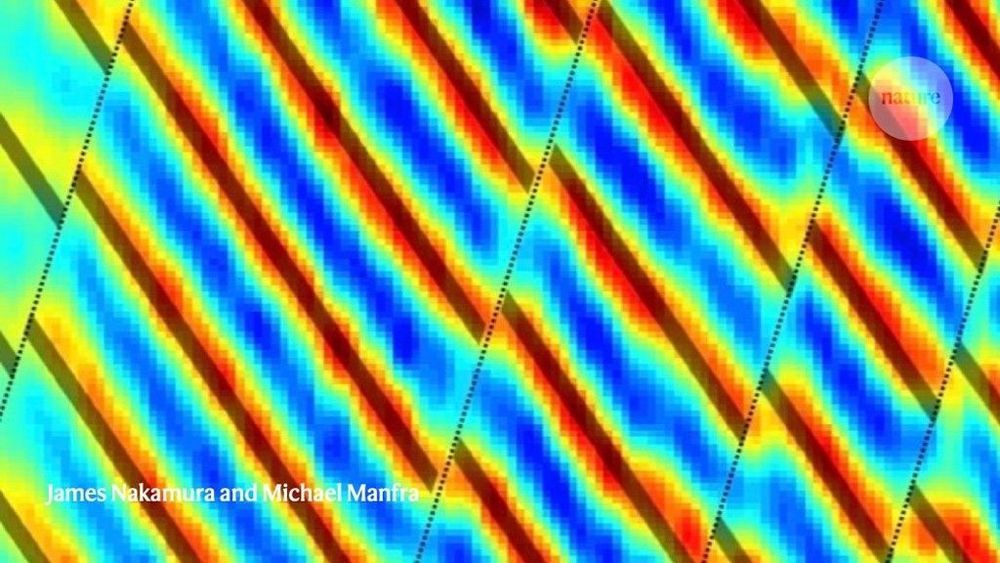

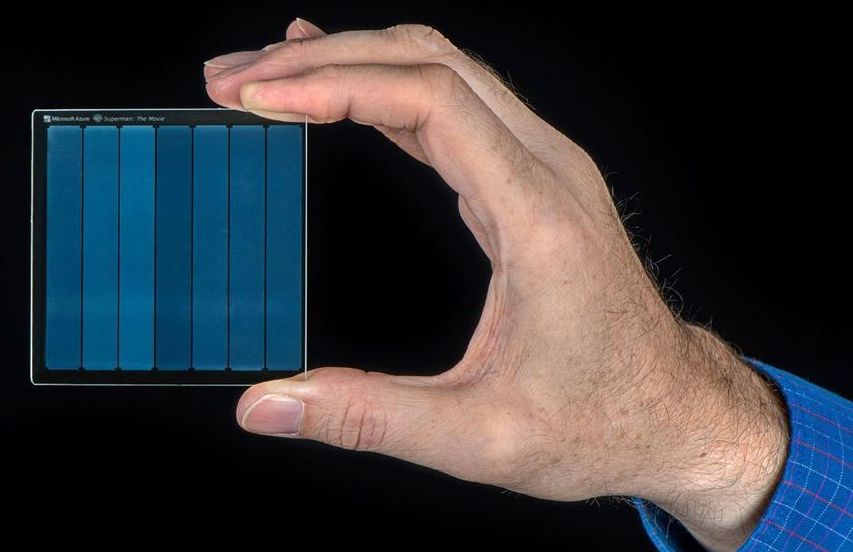

If you’ve got a mountain of digital data to store but don’t necessarily need to access it every day, tape cartridges are the way to go. Twelve terabytes of storage will set you back about $100 these days, but in the coming years, Fujifilm believes it can push the technology to 400TB capacities in a single cartridge.
NASA has released a stunning 61-minute time-lapse video that shows a decade in the life of the sun.
The video was created from images taken by NASA’s Solar Dynamics Observatory.
“From its orbit in space around Earth, SDO has gathered 425 million high-resolution images of the Sun, amassing 20 million gigabytes of data over the past 10 years,” explained NASA in a statement on its website. “This 10-year time lapse showcases photos taken at a wavelength of 17.1 nanometers, which is an extreme ultraviolet wavelength that shows the Sun’s outermost atmospheric layer – the corona.”

In a world’s first, researchers in France and the U.S. have performed a pioneering experiment demonstrating “hybrid” quantum networking. The approach, which unites two distinct methods of encoding information in particles of light called photons, could eventually allow for more capable and robust communications and computing.
Similar to how classical electronics can represent information as digital or analog signals, quantum systems can encode information as either discrete variables (DVs) in particles or continuous variables (CVs) in waves. Researchers have historically used one approach or the other—but not both—in any given system.
“DV and CV encoding have distinct advantages and drawbacks,” says Hugues de Riedmatten of the Institute of Photonic Sciences in Barcelona, who was not a part of the research. CV systems encode information in the varying intensity, or phasing, of light waves. They tend to be more efficient than DV approaches but are also more delicate, exhibiting stronger sensitivity to signal losses. Systems using DVs, which transmit information by the counting of photons, are harder to pair with conventional information technologies than CV techniques. They are also less error-prone and more fault-tolerant, however. Combining the two, de Riedmatten says, could offer “the best of both worlds.”
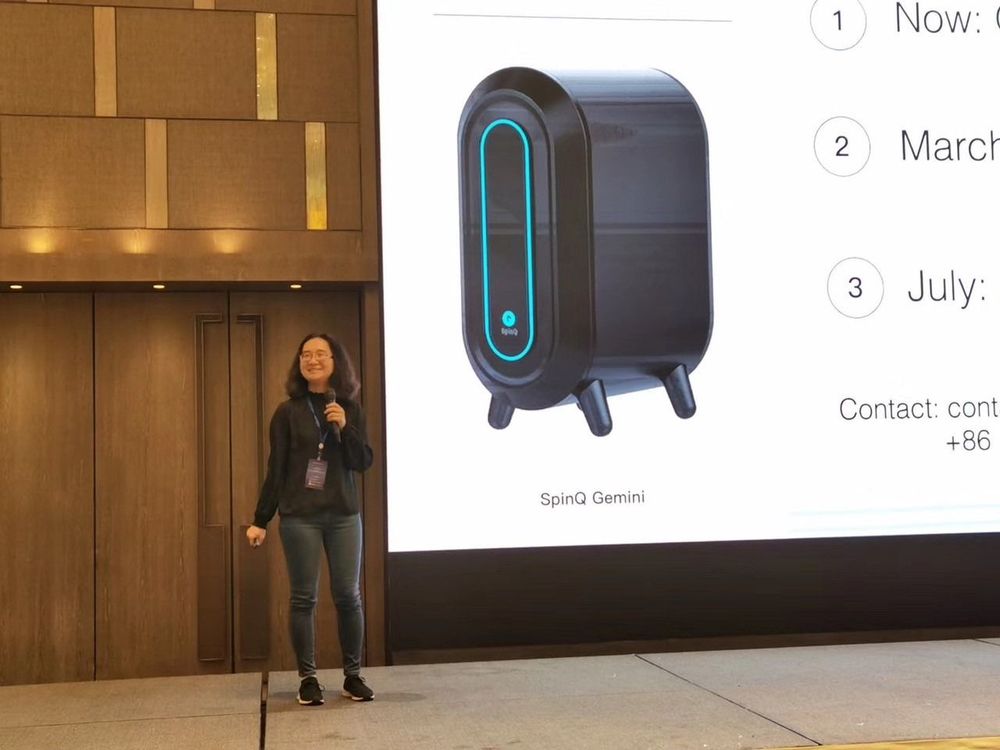
Scientists suggest a desktop quantum computer based on nuclear magnetic resonance (NMR) could soon be on its way to a classroom near you. Although the device might not be suited to handle large quantum applications, the makers say it could help students learn about quantum computing.
SpinQ Chief Scientist Prof. Bei Zeng from University of Guelph, announced the SpinQ Gemini, a two-qubit desktop quantum computer, at the industry session of the Quantum Information Processing (QIP2020) conference, which is held recently in Shenzhen, China. It is the first time that a desktop quantum computer is commercially available, according to the researchers.
SpinQ Gemini is built by the state-of-the-art technology of permanent magnets, providing 1T magnetic field, running at room temperature, and maintenance free. It demonstrates quantum algorithms such as Deutsch’s algorithm and Grover’s algorithm for teaching quantum computing to university and high school students, also provides advanced models for quantum circuit design and control sequence design for researchers.
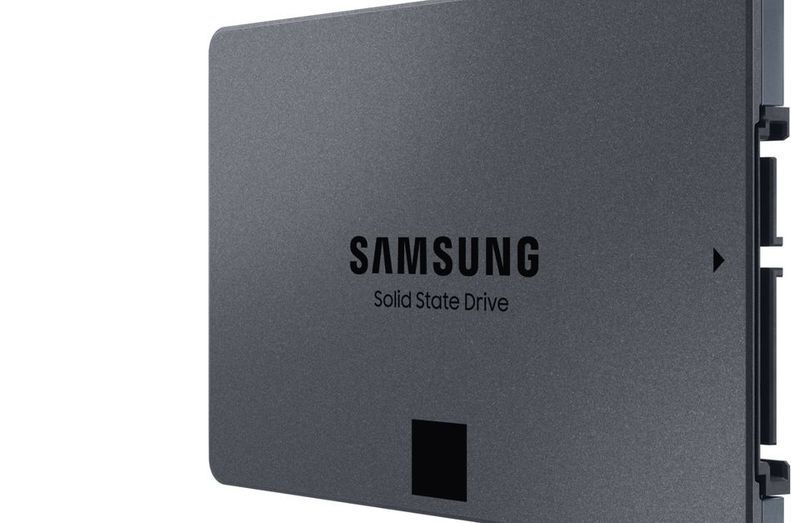
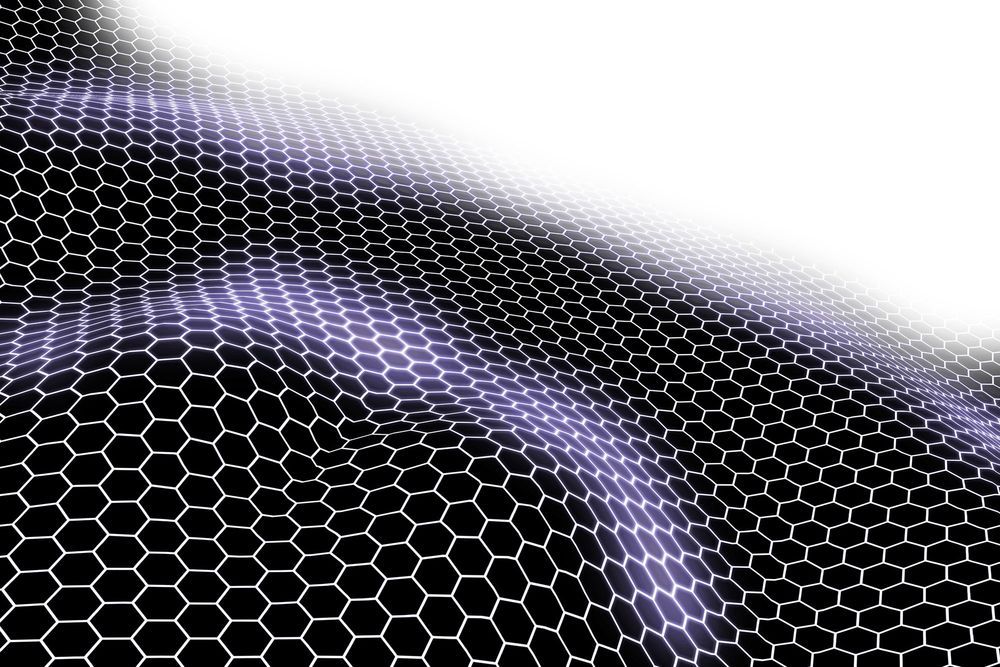
The wonder material graphene can take many forms for many different purposes, from transparent films that repel mosquitoes to crumpled balls that could boost the safety of batteries. One that has scientists particularly excited is nanoribbons for applications in energy storage and computing, but producing these ultra-thin strips of graphene has proven a difficult undertaking. Scientists are claiming a breakthrough in this area, devising a method that has enabled them to efficiently produce graphene nanoribbons directly on the surface of semiconductors for the first time.
As opposed to the sheets of carbon atoms arranged in honeycomb patterns that make up traditional graphene, graphene nanoribbons consist of thin strips just a handful of atoms wide. This material has great potential as a cheaper and smaller alternative to silicon transistors that would also run faster and use less power, or as electrodes for batteries that can charge in as little as five minutes.
“This is why many research groups around the world are focusing their efforts on graphene nanoribbons,” explains study author and chemist, Professor Konstantin Amsharov from Germany’s Martin Luther University of Halle-Wittenberg (MLU).
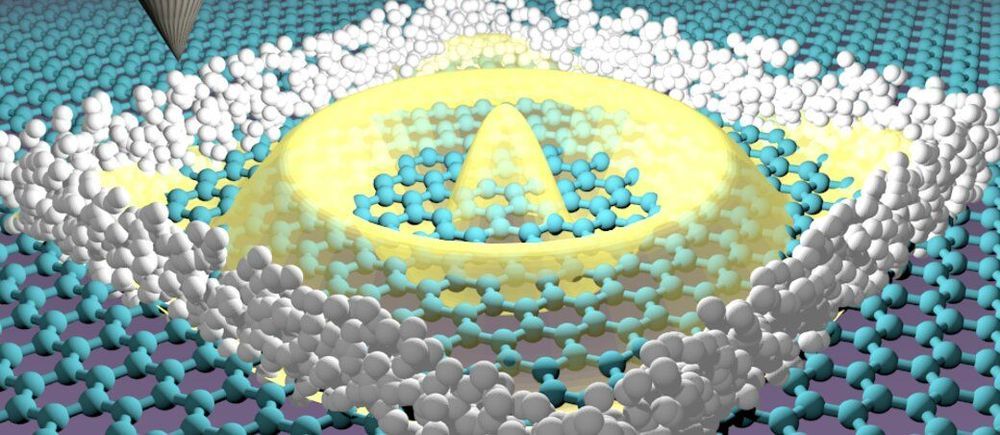
Graphene’s unique 2-D structure means that electrons travel through it differently than in most other materials. One consequence of this unique transport is that applying a voltage doesn’t stop the electrons like it does in most other materials. This is a problem, because to make useful applications out of graphene and its unique electrons, such as quantum computers, it is necessary to be able to stop and control graphene electrons.
An interdisciplinary team of scientists from the Universidad Autonoma de Madrid (Spain), Université Grenoble Alpes (France), International Iberian Nanotechnology Laboratory (Portugal) and Aalto University has solved this long-standing problem. The team included experimental researchers Eva Cortés del Río, Pierre Mallet, Héctor González‐Herrero, José María Gómez‐Rodríguez, Jean‐Yves Veuillen and Iván Brihuega and theorists including Joaquín Fernández-Rossier and Jose Lado, assistant professor in the department of Applied Physics at Aalto.
The experimental team used atomic bricks to build walls capable of stopping the graphene electrons. This was achieved by creating atomic walls that confined the electrons, leading to structures whose spectrum was then compared with theoretical predictions, demonstrating that electrons were confined. In particular, it was obtained that the engineered structures gave rise to nearly perfect confinement of electrons, as demonstrated from the emergence of sharp quantum well resonances with a remarkably long lifetime.
How would the Sun look as it dipped below the horizon on a long (17 hour) day on Uranus? Or what would a late-night sunset on Mars look like, when we finally get there? Thanks to some NASA computer modelling, these scenarios are now a little easier to imagine.
What makes a sunset is the interplay of light from the Sun – which includes all the colours of the rainbow – together with the gases and dust in the atmosphere. The less atmosphere, the less impressive the sunset.
Planetary scientist Geronimo Villanueva, from NASA’s Goddard Space Flight Center in Greenbelt, has created simulations of how sunsets might look on Venus, Mars, Uranus, the Saturn moon Titan, and Trappist-1e.